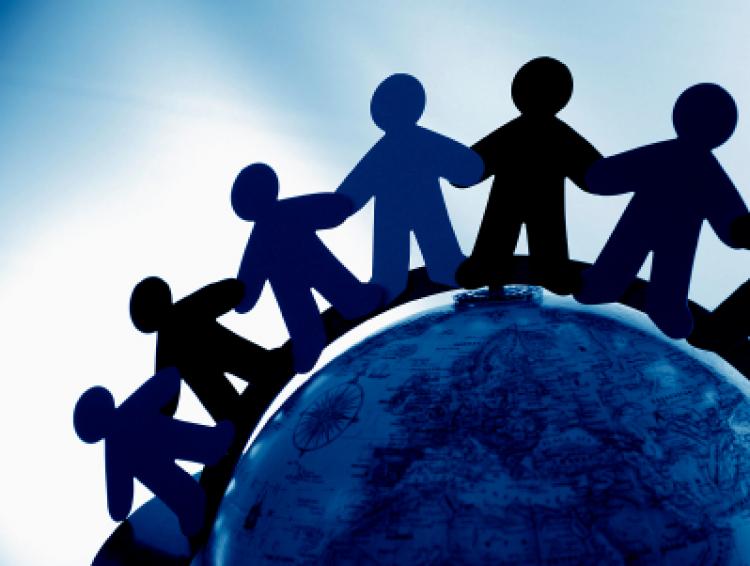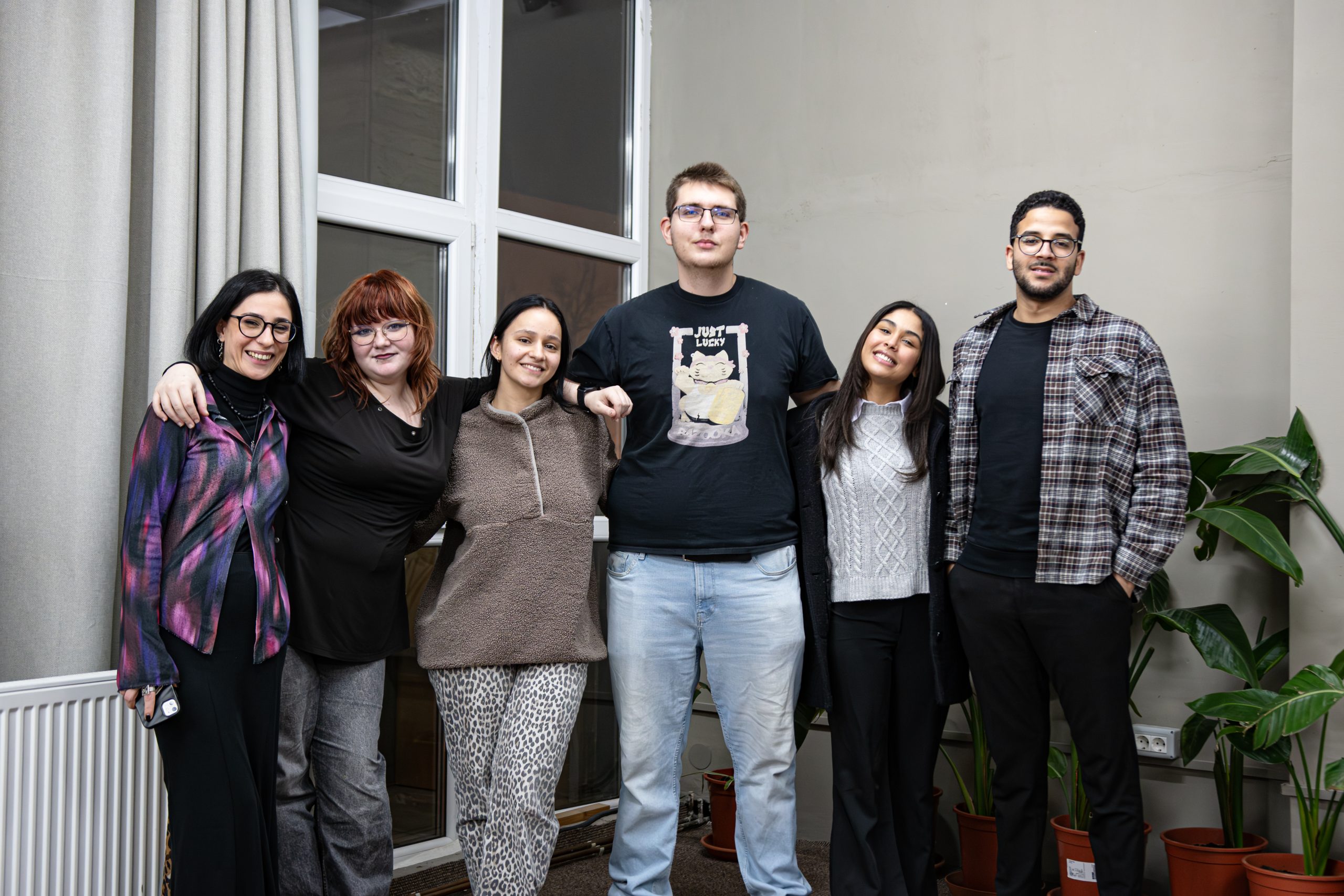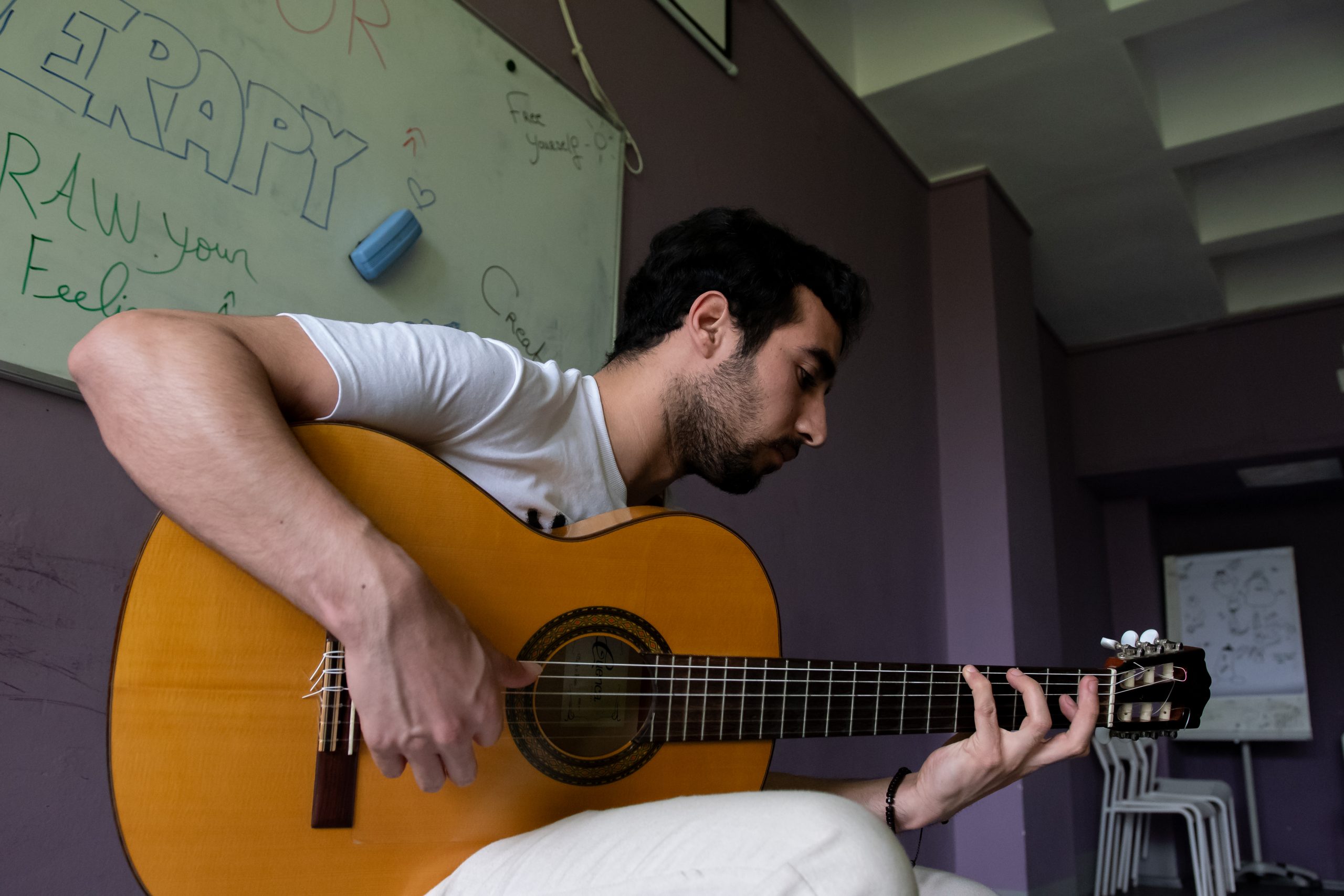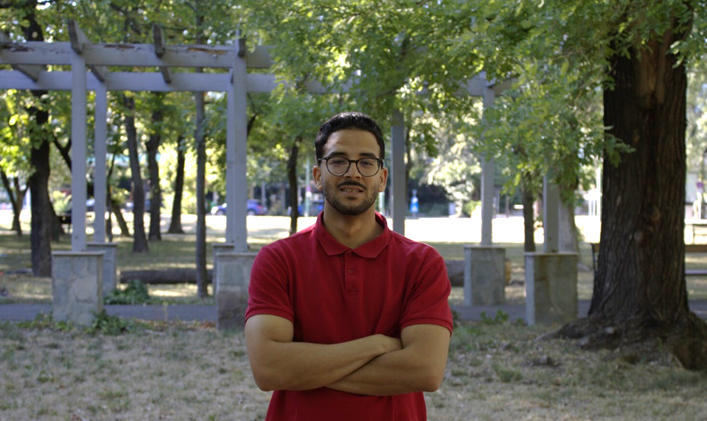The recently released EU programme, the European Solidarity Corps, comes to support different types of projects, aimed at young people.
Among these, there is the Solidarity Projects, set up and carried out by groups of at least 5 young people, registered in the European Solidarity Corps. The aim is to address key challenges found in their communities while presenting a clear European added value.
These projects can last between 2 to 12 months and must take place in the country where the project participants reside.
With this programme, young people are given the chance to express solidarity by taking responsibility and committing themselves to bring positive change in their local community.
How?
Young people who want to form a group to run a solidarity project should register in the European Solidarity Corps Portal. There is no upper limitation on the number of participants, only a minimum of 5.
The decision on the working methods and how the project will be managed, is taken autonomosly by the group and one of the participants will assume a role of legal representative who will submit the application, unless an organisation applies on behalf of the group.
For what?
A solidarity project should be directly linked to the local community where the young participants live in, responding to the issues and challenges around them. Nevertheless, some of the projects can also tackle regional or even national issues.
Together with addressing the local challenges, a solidarity project should also clearly demonstrate an European added value by addressing priorities identified at European level. A solidarity project should reflect a common concern for issues within the European society, such as for example: integrating third-country nationals, climate change or democratic participation.



